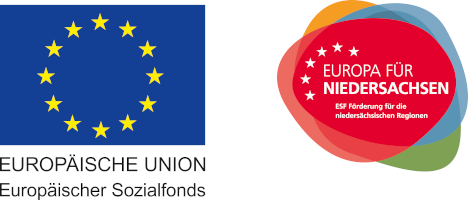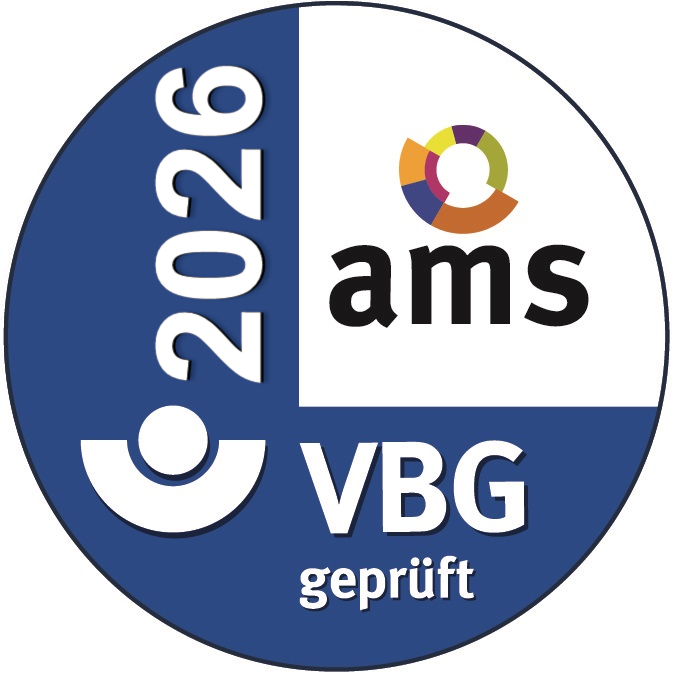PVDF - polyvinylidene fluoride
PVDF - polyvinylidene fluoride
What is PVDF?
Polyvinylidene fluoride (PVDF) is a high-performance thermoplastic fluoropolymer known for its excellent chemical, thermal and mechanical properties. It belongs to the fluoropolymer family and is characterized by its high resistance to chemicals, UV radiation and weathering. PVDF is a semi-crystalline polymer produced by the polymerization of vinylidene fluoride (VDF). This polymerization can take place by various methods, including emulsion, suspension and solution polymerization.
What are the advantages of PVDF?
PVDF offers a number of advantages that make it irreplaceable in many industrial applications. Firstly, PVDF has excellent chemical resistance to a wide range of aggressive chemicals, including acids, alkalis and organic solvents. This makes it ideal for applications in the chemical process industry. In addition, PVDF has excellent mechanical properties, including high tensile strength, toughness and abrasion resistance. These properties contribute to the longevity and reliability of PVDF products.
Another significant advantage of PVDF is its high thermal stability. PVDF can withstand high temperatures without losing its mechanical properties or chemical resistance. This temperature resistance, combined with good electrical insulation properties, makes PVDF a preferred material in the electronics and semiconductor industries. In addition, PVDF offers excellent UV and weathering resistance, making it an ideal choice for outdoor applications.
PVDF temperature resistance
The temperature resistance of PVDF is one of its outstanding advantages. PVDF can be operated in a wide temperature range, typically from -40°C up to 150°C. It retains its mechanical and chemical properties at these temperatures. PVDF also has a high melting point, which is around 175°C, further emphasizing its suitability for high temperature applications. This high temperature resistance is particularly valuable in applications where materials are exposed to extreme temperature changes or constant high temperatures, such as in the chemical process industry or in the manufacture of semiconductors.
Where is PVDF used?
Due to its many advantageous properties, PVDF is used in numerous industries. In the chemical process industry, PVDF is often used for the manufacture of tanks, pipelines and linings that have to withstand aggressive chemicals and high temperatures. In the electronics industry, PVDF is used in the manufacture of cable insulation, films and membranes due to its excellent dielectric properties. PVDF also plays an important role in water treatment and drinking water applications, as it offers high purity and resistance to microorganisms.
In the medical sector, PVDF is used for the production of medical devices and implants due to its biocompatibility and sterilizability. In addition, PVDF is used in the aerospace industry for applications that require high strength and low density. Its excellent UV and weathering resistance also makes PVDF a preferred material for exterior applications such as cladding and roofing membranes.
PVDF in pipeline construction
PVDF is particularly valued in pipeline construction due to its excellent chemical resistance and mechanical strength. PVDF pipes and fittings are frequently used in the chemical process industry, the food and beverage industry and the pharmaceutical industry. They offer high resistance to a wide range of chemicals, including acids, alkalis and organic solvents, and can be operated in a wide temperature range.
The high abrasion resistance and mechanical strength of PVDF ensure that the pipes and fittings have a long service life even under demanding conditions. In addition, PVDF pipes are light and easy to install, which reduces operating costs and increases efficiency. The smooth surface of PVDF pipes minimizes deposits and clogging, which further reduces maintenance costs.
PVDF is also approved for use in drinking water systems as it does not emit harmful substances and has a high level of purity. This makes it an ideal choice for use in sensitive applications where the purity of the transported medium is crucial.
To summarize, PVDF is a versatile and high-performance material that is widely used in many different industries due to its exceptional chemical, thermal and mechanical properties. PVDF is particularly impressive in pipeline construction due to its durability, resistance and ease of handling.



